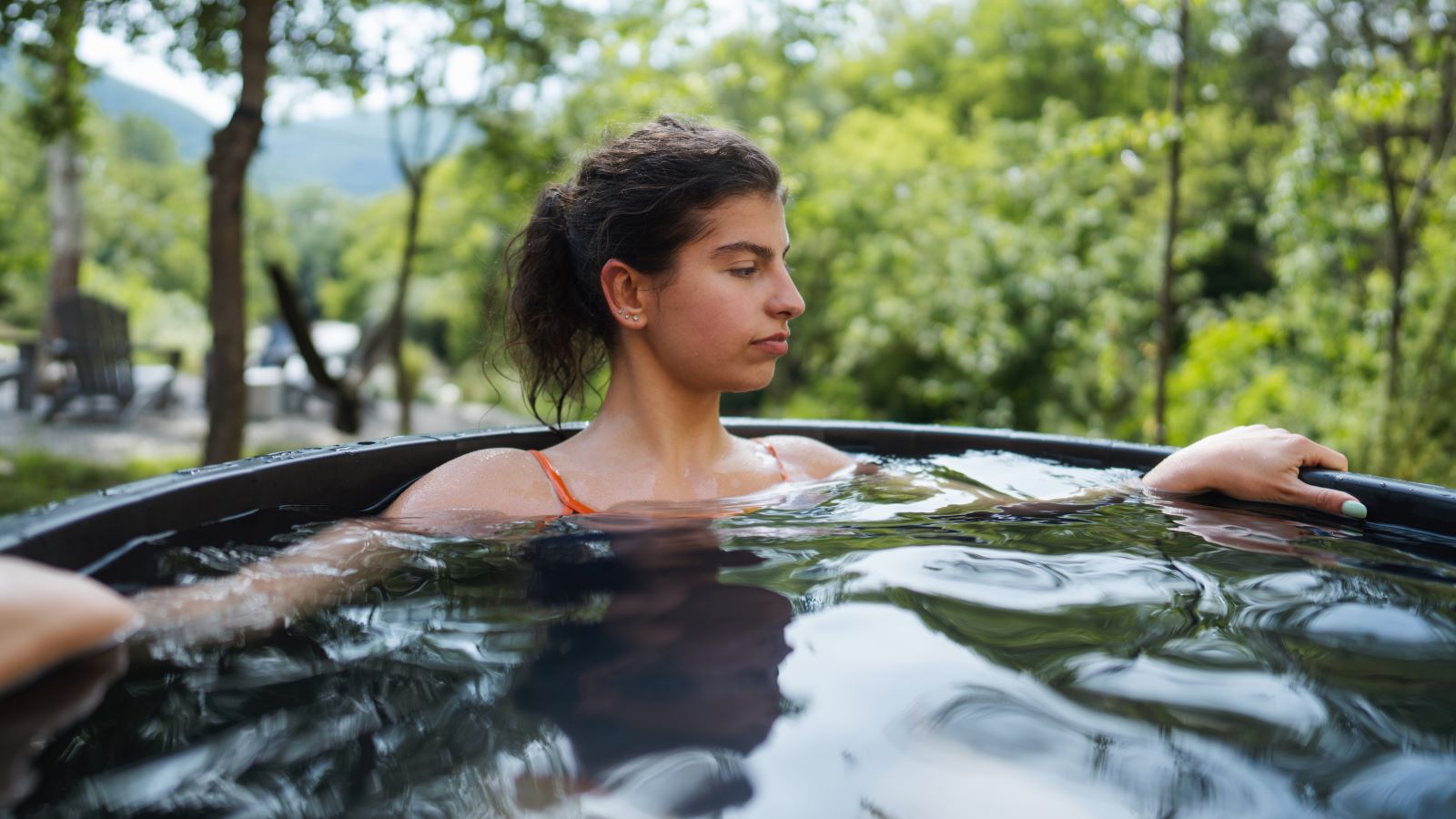Starting your day with a cold plunge into icy water might seem extreme, but athletes and wellness enthusiasts swear by its potential health benefits.
But is it worth the shivers?
We asked Ashley Shattuck, LCSW, clinical program manager for primary care behavioral health and collaborative care at Hartford HealthCare Medical Group, to break down the benefits of cold plunges — and what to watch out for.
Find a doctor near me
Cold plunges can benefit your body and mind.
Cold plunges aren’t just a shock to your system – it’s like hitting a reset button for your body and mind.
Physically, cold acts as a natural anti-inflammatory.
“Whether it’s neck pain or a dull ache in your feet, cold exposure can ease burning sensations and inflammation,” explains Shattuck.
It’s also a game-changer for recovery.
“Professional and college athletes use cold plunges to speed up recovery after intense exercise,” says Shattuck. “It helps with muscle fatigue and potential damage.”
And if you need a pick-me-up without the caffeine? Cold plunges might be the answer.
“It’s like a wake-up call for your brain and body,” says Shattuck. “Cold plunges increase energy, decrease fatigue and can improve your overall outlook.”
But cold exposure isn’t without risks.
If you’re ready to take the plunge, it’s important to do it safely.
“Hypothermia is a risk with cold exposure, so limit your time – start with 30 seconds to a minute,” Shattuck advises.
Outdoor plunges add an element of adventure, but come with unique risks.
“If you’re in a lake or ocean, avoid strong currents. And while ice holes may sound adventurous, they can be dangerous if you can’t get back out,” warns Shattuck.
> Related: Are House Plants Good for Your Health?
Plunge into a cold exposure routine.
How often should you brave the cold? It all depends on your goals.
Pro athletes might turn to cold plunges after every workout. But for the rest of us, even occasional use can still bring relief.
“I have chronic neck pain, and I’ll use cold exposure as needed to manage flare-ups,” shares Shattuck. “For me, it’s a tool, not a daily habit.”
One important note — if you have a chronic health condition, especially heart-related, be sure to talk to your doctor before trying cold exposure.


